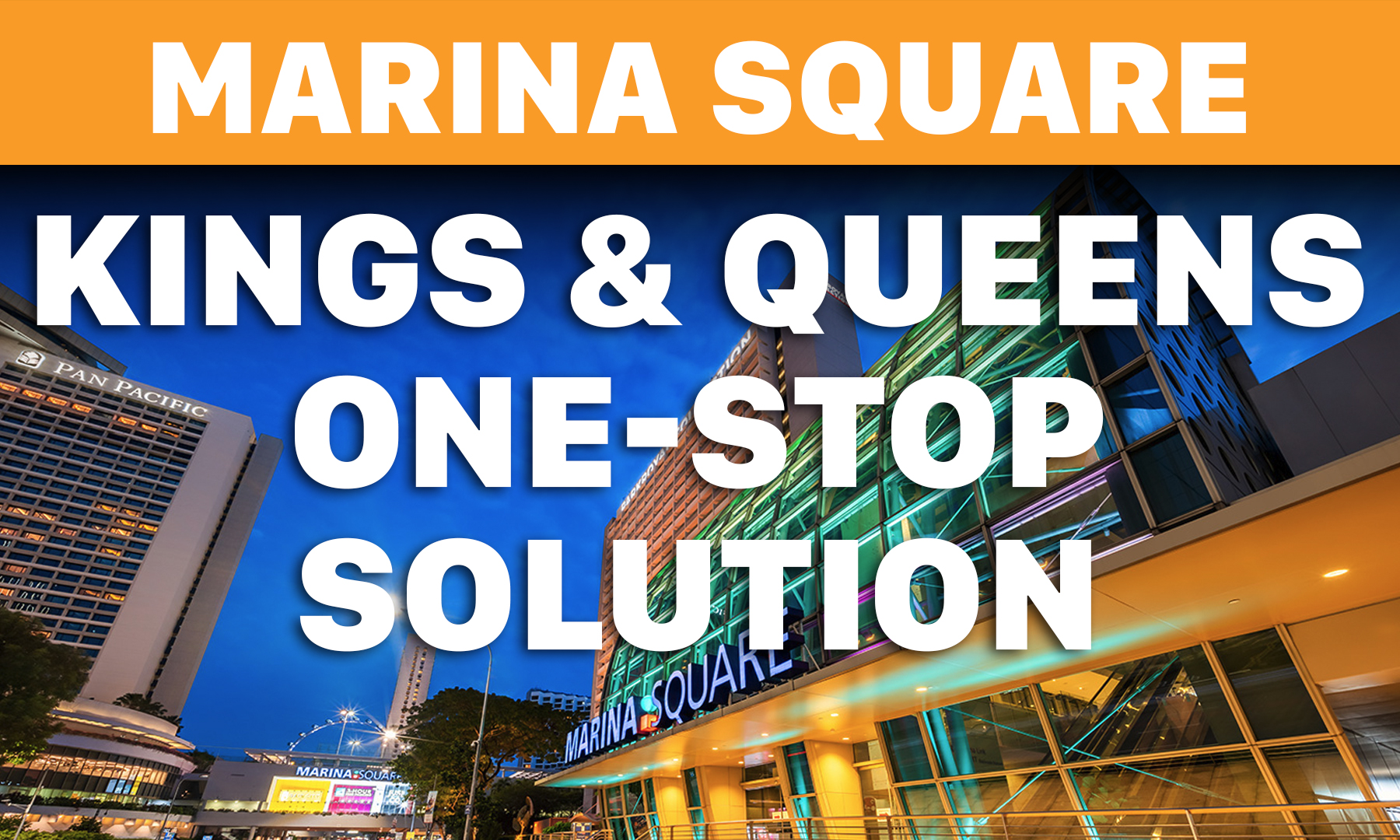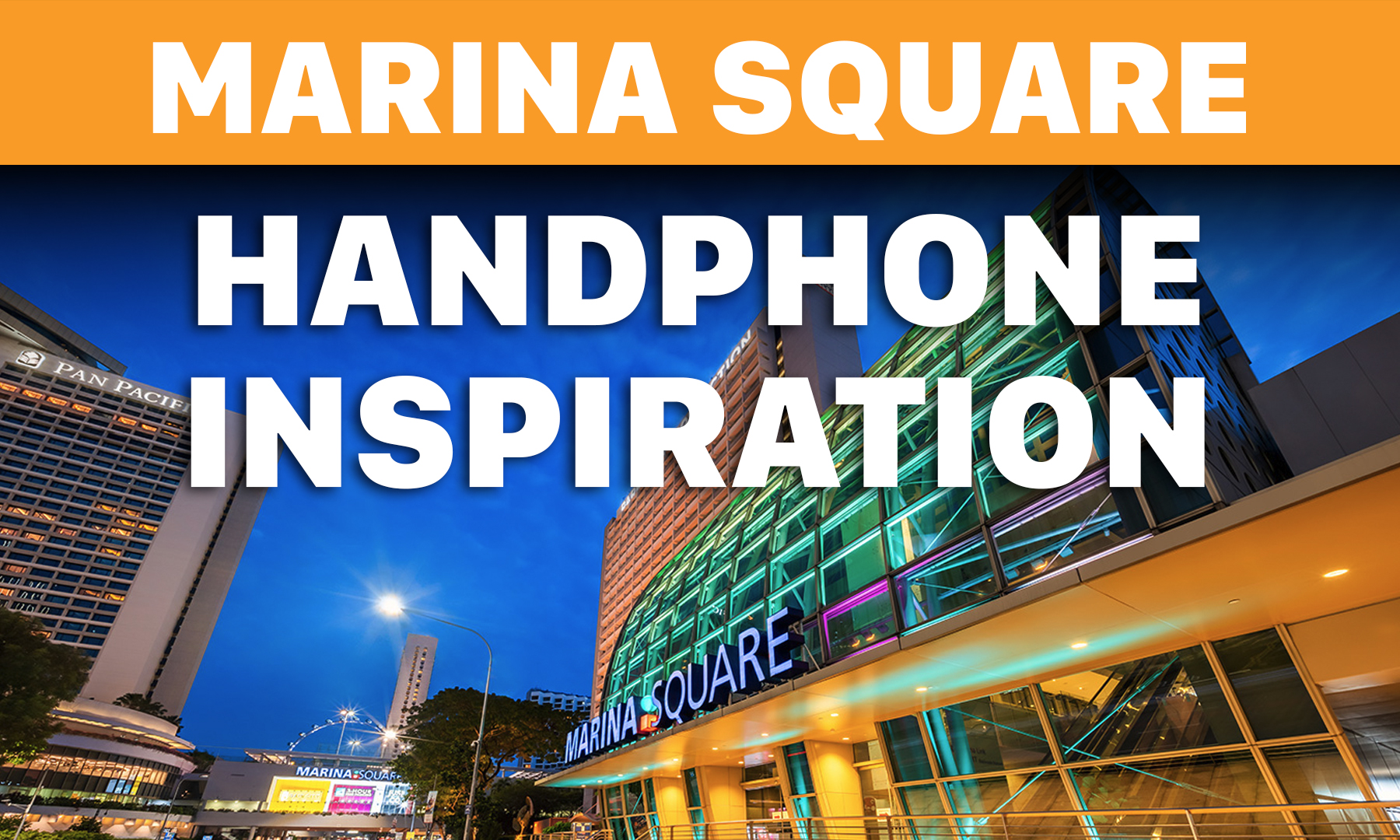iPhone or Android: Which one suits your needs best?

The ongoing debate between iPhone and Android seems to have no end in sight, as there may never be a definitive winner. However, we aim to assist you in making a personal choice.
Both iOS 16 and Android 13, the latest operating systems, offer impressive features, but they have distinct characteristics. While there's some overlap in their capabilities, they differ significantly in terms of design, aside from the fundamental touchscreen-centered layout. Regardless of your choice, if you opt for one of the best phones available today, it will run either iOS or Android.
Why iPhone Might Be the Better Choice
1. Apple Ecosystem Integration

If you're already invested in the Apple ecosystem, owning an iPhone makes sense. Apple has created various continuity features, allowing seamless data transfer and work across its devices. Features like Handoff, Universal Clipboard, and Continuity Camera enhance productivity and convenience.
2. High-Quality Third-Party Apps

iOS boasts a wide array of high-quality third-party apps, often surpassing their Android counterparts. This includes apps like Tweetbot 5 and Bear, which excel in their iOS versions.
3. Accessory Availability

iPhone users benefit from an extensive selection of accessories like cases, screen protectors, and car mounts, unmatched by other phone brands.
4. Enhanced Privacy Controls

iOS introduced app tracking notifications, allowing users to opt out of app tracking—a significant advantage in terms of privacy.
5. No Bloatware

iPhones come without preinstalled bloatware, ensuring a clean, efficient user experience.
6. Prompt Software Updates

iPhones receive regular and timely software updates, ensuring long-term support for your device.
7. Retail Support

Apple offers retail support through its Apple Stores, making it easier to address issues or get professional assistance.
Why Android Might Be the Better Choice
1. Diverse Price Range

Android phones cater to various budgets, with options ranging from affordable devices to premium models like the Galaxy S21 FE and Pixel 7.
2. Customisation

Android provides extensive customization options, from home screen layouts to alternative app replacements, allowing users to tailor their experience.
3. Expandable Storage

Some Android phones offer expandable storage via microSD cards, saving users money compared to buying more internal storage.
4. Headphone Jack

A few Android phones still feature headphone jacks, a boon for those who prefer wired headphones.
5. USB-C Standard

Android predominantly uses USB-C for charging and data transfer, offering versatility and compatibility.
6. File System Access

Android grants users access to their device's file system, simplifying tasks like file transfer and management.
7. Early Adoption of Innovations

Android often introduces new technologies and features before they appear on iPhones, thanks to a wider range of manufacturers.
Your choice between iPhone and Android ultimately depends on your priorities. iPhones offer simplicity, integration, and consistent support, while Android provides more options, customization, and affordability. Consider your preferences and needs to make the right decision for you.




























.jpg)







































































